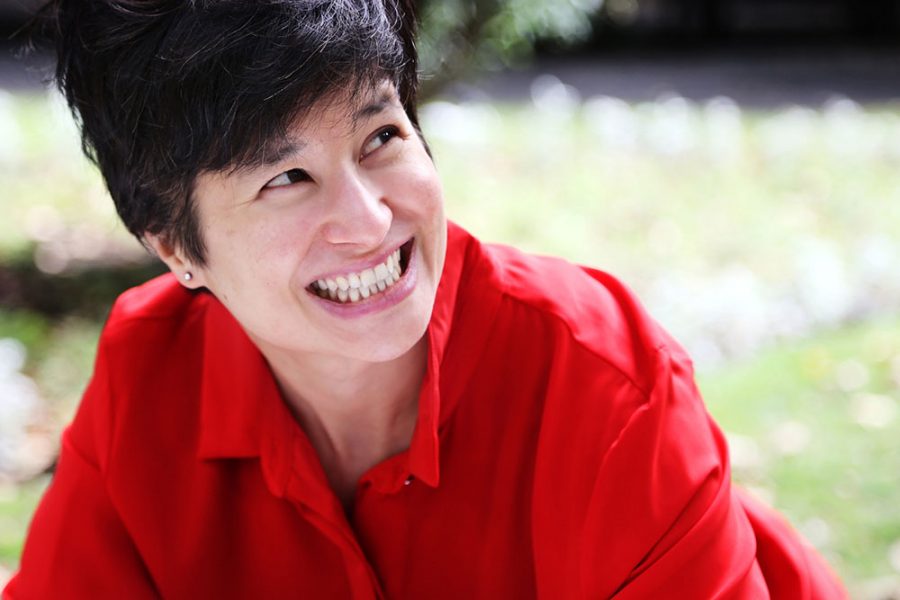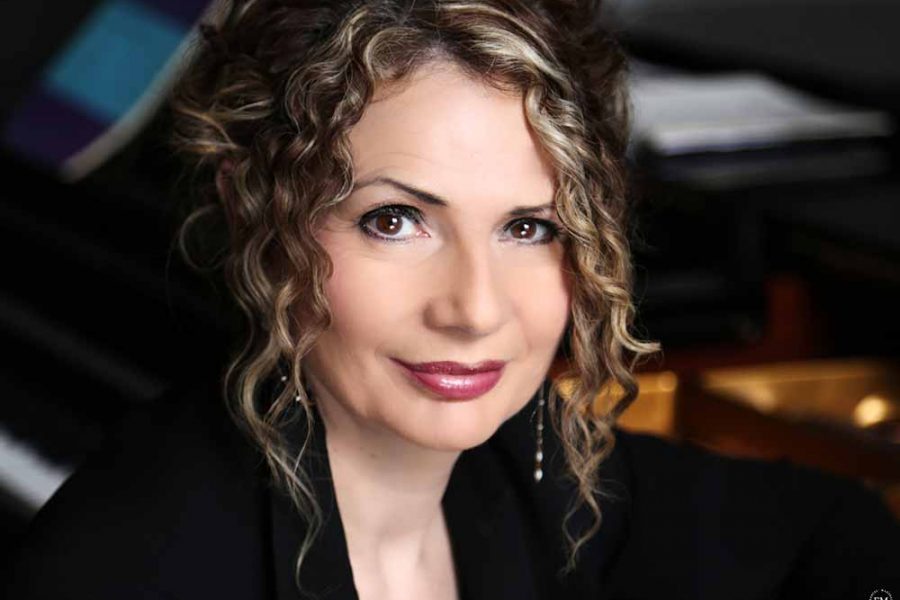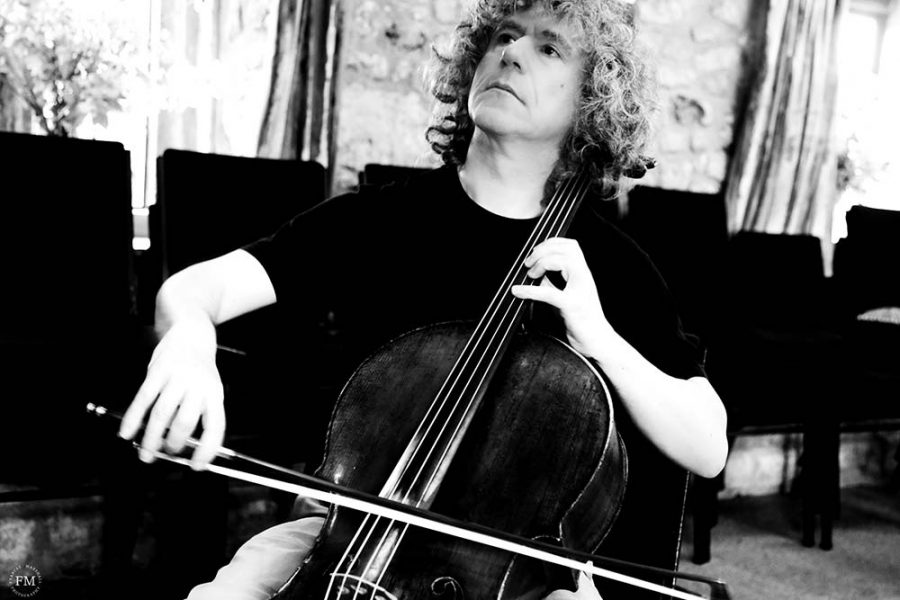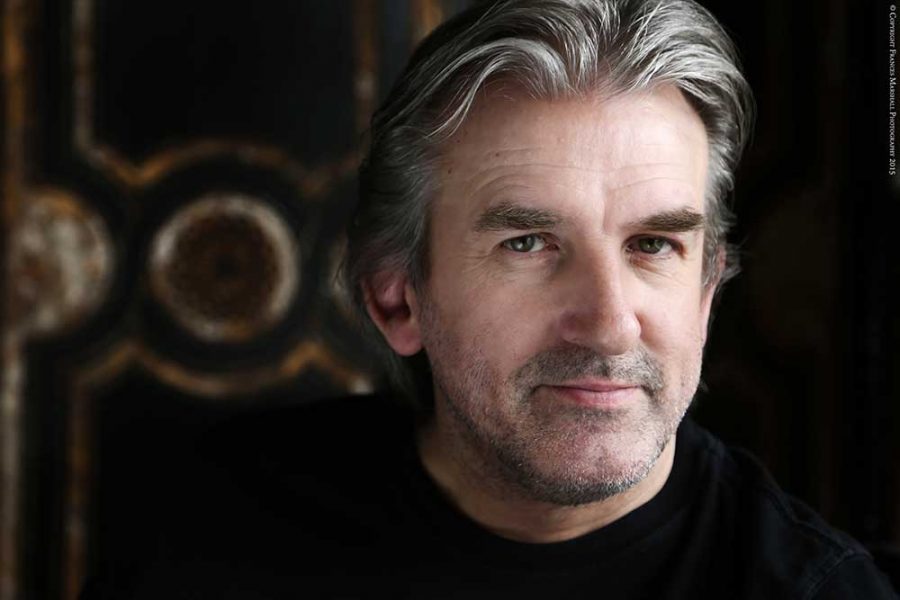Keys to Interpretation with Benjamin Grosvenor

May 2019
Photos by
Frances Marshall
Share this article
Labelled as a ‘visionary’ in his field, Benjamin Grosvenor has been enchanting international audiences from a very young age.
We met with the pianist in advance of his upcoming performance at the Barbican to discover his approach to building mental strength and how to be a young artist in an old industry.
I don't set out with uniqueness as my ultimate goal, but rather the desire to serve the music as best as I can."

You’re renowned for your exquisite interpretations, where do you begin learning a new piece and ensure that it has your unique stamp?
The beginning is really just studying the score, and my interpretations come from my reading and understanding of the musical text. I don’t set out with uniqueness as my ultimate goal, but rather the desire to serve the music as best as I can. If the interpretation or performance that results is something that is fresh and distinctive then that’s great, but this comes through the somewhat humbling process of trying to understand the text and to shape it into sound, and not through attempts to do things differently for the sake of being different.
On a performance day what’s your routine?
I don’t have a strict routine, and while most concerts are in the evening, some also happen in the morning or the afternoon, so it’s probably best not to be too rigid about such things! It almost always involves a certain amount of time getting used to the particular quirks of the concert instrument, and that’s usually 2-3 hours for recital and less for an orchestral concert, since often there would have already been a rehearsal with the orchestra, and less of a variety of repertoire to play.
It is often a challenge to make sure that you are your best at 7.30/8pm (or later!) which is when most people are wrapping up for the day. I think the ideal thing is to nap in the afternoon. I’m sadly not very good at this yet (but I’m practising!) so sometimes a well-timed cup of tea is required.
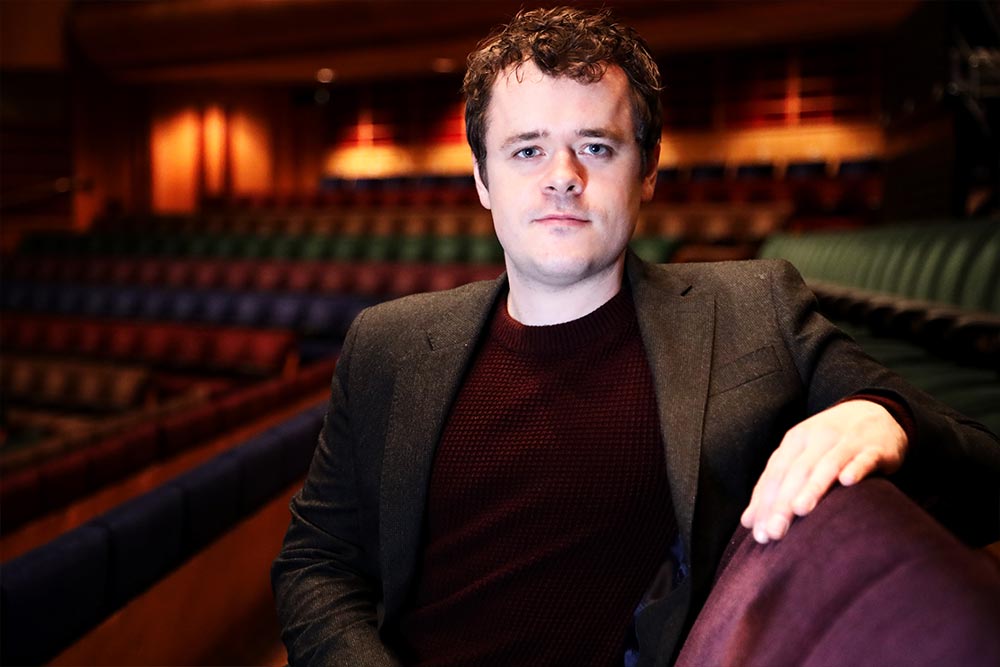


How do you work on your mental strength as a performer?
I think how you practise is important, to train the right kind of focus that is needed for a concert. I think there is something to be said in practising in fairly intense 50-60 minute chunks, since this is about the maximum that one would have to concentrate in a performance, but to make sure that this is time when you are completely focussed on the task at hand without external distractions. When it comes to the concert, I think it’s important to find a way to really try to bring yourself into the present. For me that’s a quiet moment to slow down my thoughts before walking on stage.
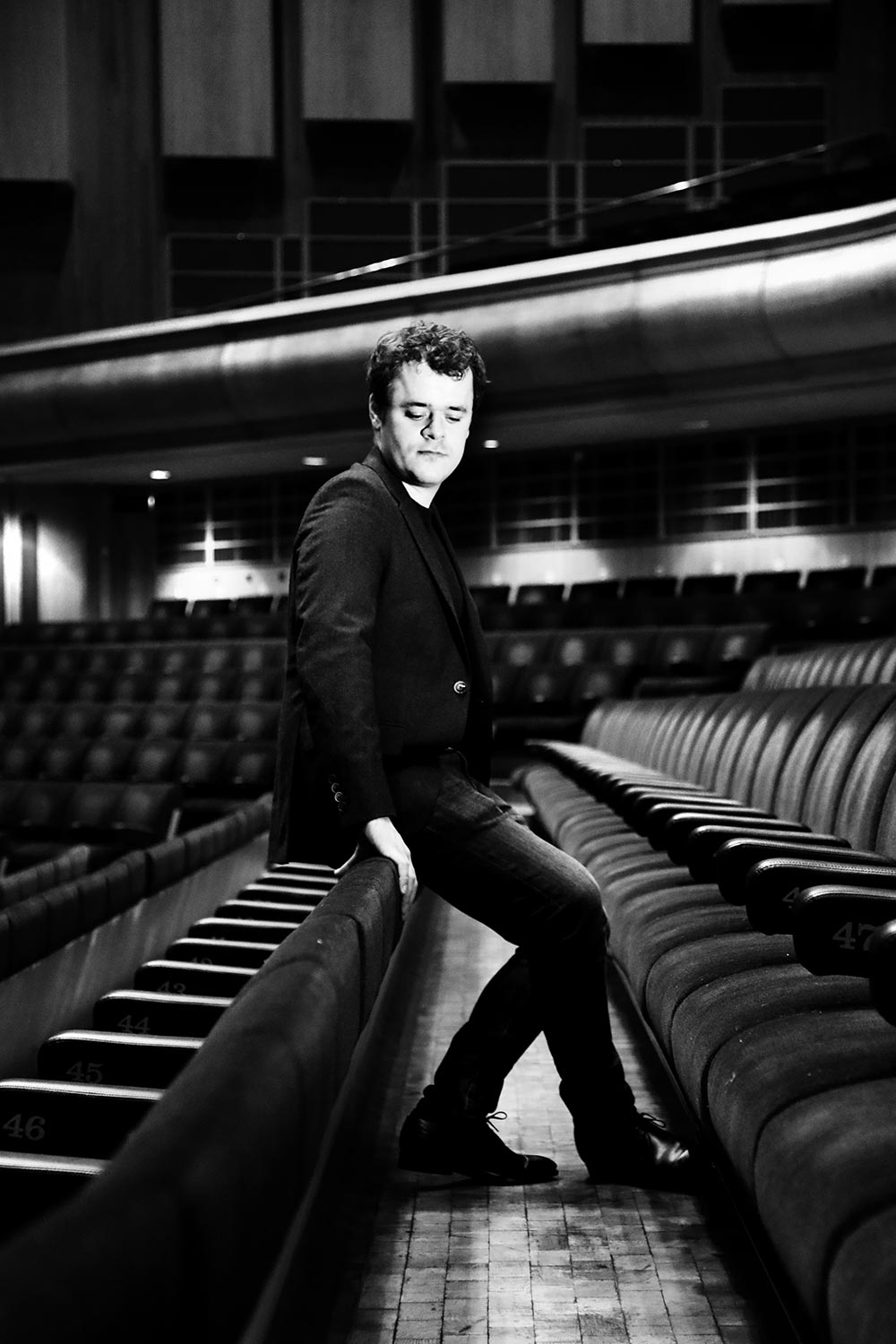

I think there is something to be said in practising in fairly intense 50-60 minute chunks, since this is about the maximum that one would have to concentrate in a performance..."


Who has been a greatest support in your journey to the top, and how has it helped the trajectory of your career?
Firstly my parents and teachers, whose support was vital. In particular I’d thank my mother, who was my first teacher and was always there as a guide during my teenage years, travelling with me when I had concerts. I’ve had the same general management (Hazard Chase) in the UK since the age of 14, so quite a long-standing relationship, and I’m grateful too for their careful guidance. There would also be the BBC. It started of course with the Young Musician competition, and later the New Generation Artist scheme, through which came a relationship with the Proms.
Outside of classical music what do you do to get your head out of the industry?
I enjoy reading a lot, so I suppose that would be the main thing – particularly when I am travelling – and cooking when I am at home. Of course also socialising with friends, and the odd thing on Netflix! My family are great lovers of long walks in the countryside, and that is something I have learned to really love from childhood, so that would perhaps be my ultimate ‘escape’. It is great too though to live in London where there is so much to see and explore.
Inevitably there are also many opportunities to escape that perhaps are not exactly wanted, but yet are still present…like mowing the lawn.
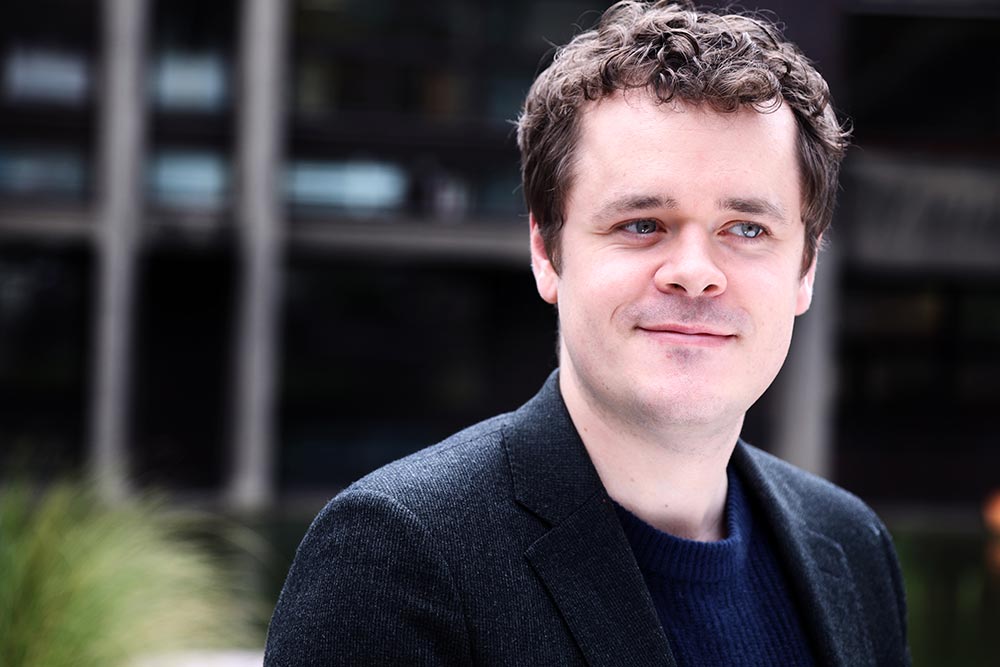


On a day that you’re not performing, do you have a specific morning routine?
When I have full days at home working I like to start work at a particular time (9.30am) to make sure that the day has structure. I find I practise best in the morning and the evening, so often I will have a break in the middle of the day, since this also fits into the pattern of most concert days.
Do you have a favourite composer and why?
When I was nine years old my answer to this would have immediately have been ‘Chopin!’ but now I find it a very difficult question to answer. Certainly Chopin is still very dear to my heart, but perhaps I find Schumann now even more fascinating..! I enjoy putting together programmes that reflect the variety of composers that I admire, and any one recital programme would give a number of examples. I have never tried to specialise in something in particular, and am always trying to expand into different areas.
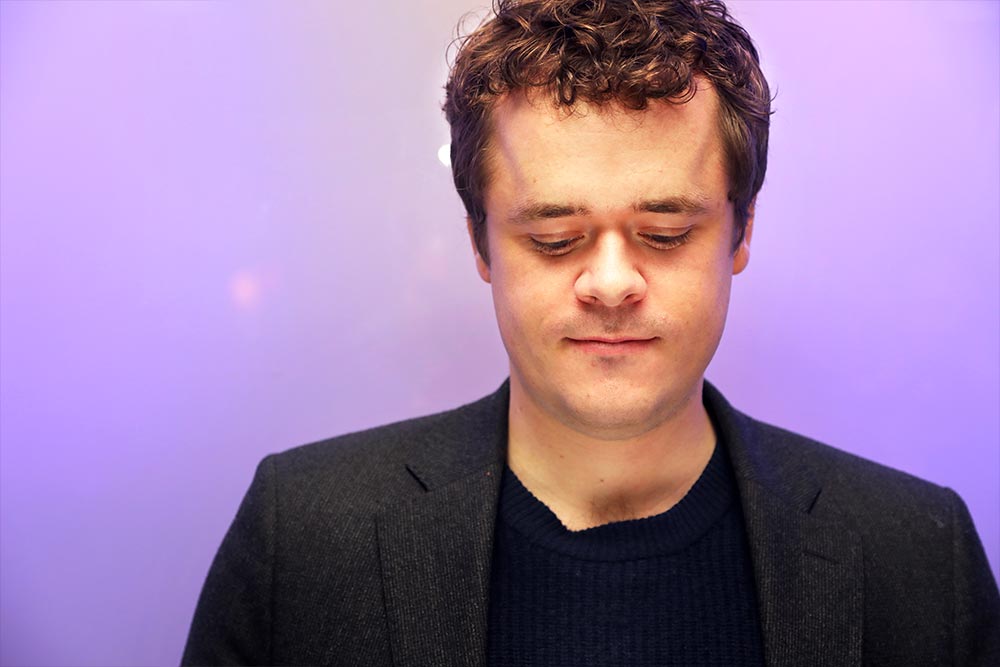

...receptiveness to new ideas and ways of presenting performances is important, as is a willingness to be involved in events that help to bring the audience closer to the music and to the artists..."

As a young artist in a very old industry, do you feel a responsibility to bring a fresh approach to your playing and public presentation?
I don’t think it affects at all the way that I play, but I do think that receptiveness to new ideas and ways of presenting performances is important, as is a willingness to be involved in events that help to bring the audience closer to the music and to the artists. I recently took part in a concert with the National Orchestra in Madrid where they had a short introductory explanation as part of the performance, with discussion of the background of the piece, its structure and the composer’s life at the time, with live excerpts from myself and the orchestra illustrating the principal themes. It was done in a very engaging way, and was followed by a reception at which the audience could meet the musicians. I think this is the kind of thing one should really make an effort to be involved in. Certainly there was once a time when classical musicians existed quite separate from their audience, but that is no longer the time we are in. I think one has to make more of an effort to connect to one’s audience, and of course, social media is a good tool for that these days.
What are you looking forward to in your upcoming Barbican performance?
It is always a pleasure to play in my home city, so I’m very much looking forward to returning to the Barbican. It is also going to be great a week later to join the Doric Quartet again at Milton Court. It was a very special experience for me to play with them in February with the first Chopin concerto and Fauré, and this time we will be back with the second and Dvorak.
To find out more about Benjamin Grosvenor see:
www.benjamingrosvenor.co.uk
For details on his upcoming concert at the Barbican:
www.barbican.org.uk/whats-on/2019/event/benjamin-grosvenor-in-recital
All images displayed in this article are subject to copyright.
Share this article


